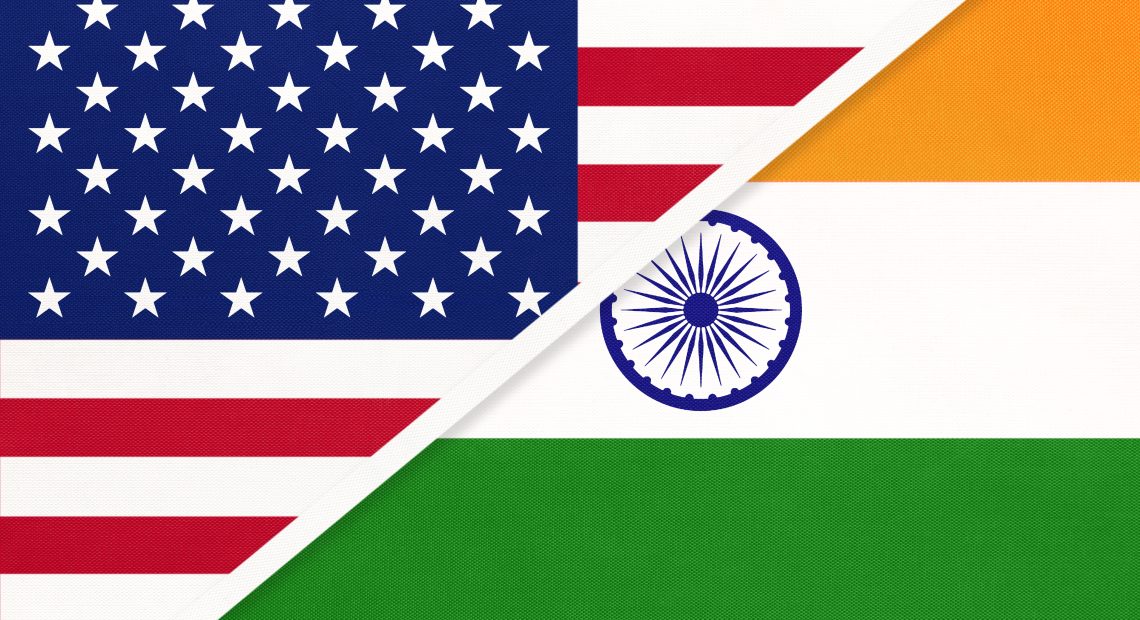


India has positioned itself strategically in response to the new reciprocal tariff regime imposed by the United States, managing to avoid significant disruption while exploring new trade avenues. Despite the 26% tariff imposed on Indian exports, the country finds itself in a relatively favorable position compared to other major economies such as China, which faces a harsher 34% tariff.
The Indian government is taking proactive steps to shield its domestic industries from potential repercussions. One area of concern is the possibility of countries, particularly those impacted more severely by the U.S. tariffs, attempting to dump excess goods into the Indian market. To prevent this, authorities are monitoring trade flows closely and are prepared to act in accordance with World Trade Organization rules to protect sectors such as dairy and agriculture from unfair competition.
Encouragingly, the pharmaceutical sector, which forms a key pillar of India’s export economy, is expected to remain largely unaffected. Pharmaceuticals were excluded from the U.S. tariff list, a move interpreted as recognition of the critical role Indian generics play in global healthcare. This exemption offers continued access to the lucrative U.S. market for Indian pharma companies, preserving a vital stream of foreign exchange and supporting the industry’s stability.
India is also looking to diversify its trade relationships. Ongoing discussions toward a Free Trade Agreement with the United Kingdom are progressing positively, while negotiations with countries in the Gulf region, including Bahrain and Qatar, reflect a broader push to open new markets and reduce dependency on any single trade partner.
To further cushion the blow from the evolving global trade environment, the Indian government is reportedly developing support mechanisms for exporters who may be impacted by the new tariff landscape. While export growth for FY 2024-25 is projected to remain modest, officials are optimistic about a stronger rebound in the following year as global conditions stabilize and new trade frameworks take shape.
In essence, India’s response to the U.S. tariff escalation has been measured and forward-looking. By safeguarding its domestic sectors, securing vital export channels like pharmaceuticals, and pushing for new trade partnerships, India is leveraging the situation to reinforce its economic resilience and enhance its standing in global trade.
Bharat Pulse News is an independent news platform committed to bringing you the truth, unfiltered and unadulterated. In an era of sensationalism and clickbait, we strive to stand apart by providing factual, in-depth reporting that speaks directly to the issues that matter most to the people of India.

At Bharat Pulse News, our mission is to deliver clear, unbiased, and factual news to the people of India. We are committed to transparency, integrity, and reporting without sensationalism or bias. Our goal is to empower readers with reliable information, free from clickbait and propaganda, fostering informed decision-making and promoting a more honest media landscape.

